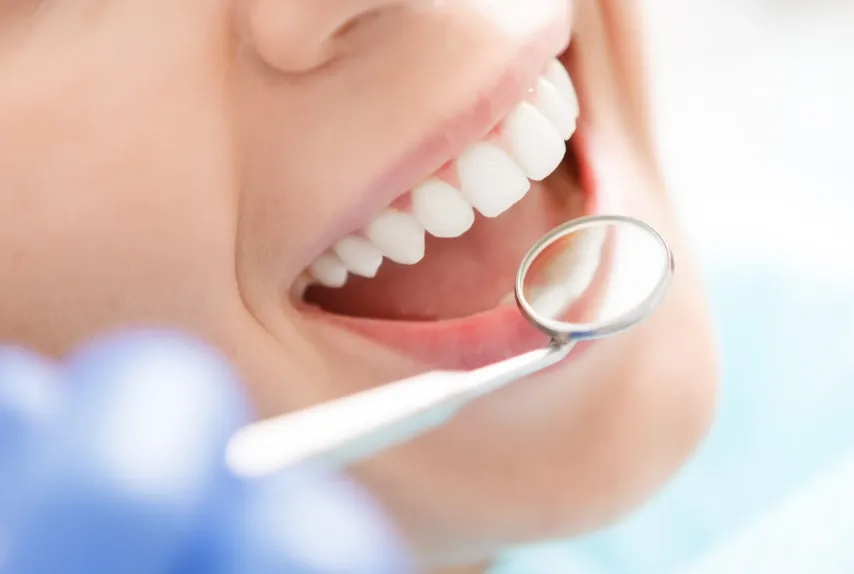When you think about oral health, chances are you picture cavity-free teeth or a beautiful smile. But did you know your oral health is closely tied to the health of your entire body? This blog dives into the science behind the mouth-body connection, the risks of poor oral hygiene, and actionable steps to maintain optimal oral health. By the end, you’ll discover why taking care of your mouth is one of the most important aspects of self-care.
The Mouth-Body Connection
Your mouth is home to millions of bacteria. That may sound alarming, but most of them are harmless and even essential for digestion and maintaining a healthy balance. However, when proper oral care is neglected, harmful bacteria can grow out of control, leading to oral infections. These can eventually enter your bloodstream and affect other parts of your body.
Studies highlight the link between oral health and systemic diseases. For instance, gum disease (also known as periodontitis) is often associated with:
- Heart disease: Oral bacteria can travel through your bloodstream and trigger inflammation, increasing your risk of cardiovascular conditions.
- Diabetes: Gum disease can make it harder to control blood sugar levels, creating a harmful cycle for people with diabetes.
- Respiratory infections: Harmful bacteria from your mouth can be inhaled into the lungs, leading to infections like pneumonia.
Did you know your oral health could even impact pregnancy? Pregnant women with gum disease have a higher risk of preterm birth and low birth weight babies. The mouth truly plays a critical role in overall health.
Risks of Poor Oral Hygiene
Failing to take care of your oral health does more than just introduce cavities or bad breath. It opens the door to serious health concerns, including:
- Heart disease and stroke: Chronic inflammation caused by gum disease can contribute to clogged arteries or even strokes.
- Diabetes complications: Poor oral hygiene can exacerbate diabetes by increasing blood sugar levels.
- Rheumatoid arthritis: Studies suggest that inflammation in the mouth may worsen symptoms of arthritis.
You might think gum disease or tooth loss is inevitable with age, but the risks start much earlier. Without proper oral care, children are just as susceptible to oral infections, which can affect their growth and nutrition.
Crafting the Perfect Daily Oral Care Routine
Preventing oral health problems starts with a consistent daily routine. Here’s a step-by-step guide to setting yourself up for success:
- Brush your teeth twice daily with fluoride toothpaste. Spend at least 2 minutes to ensure no area is missed.
- Floss at least once a day. This removes plaque and food particles between teeth that your toothbrush can’t reach.
- Use an antimicrobial mouthwash. It helps kill bacteria and freshen your breath.
- Replace your toothbrush every 3 months. When the bristles are no longer firm, it’s time for a new one.
- Stay hydrated. Saliva is your mouth’s natural defense against bacteria and acidity.
- Avoid smoking. Tobacco products can wreak havoc on your gums and increase your risk of oral cancer.
A little persistence today can save you from painful dental visits down the road.
Professional Dental Care
Even the most diligent brushing and flossing can’t remove all plaque buildup. That’s why professional cleanings and check-ups are essential. Dentists can catch early signs of gum disease, cavities, and even oral cancer before they worsen.
For those dealing with tooth loss or severe dental issues, restorative options like dental implants are a game-changer. Dental implants, like those offered in Oklahoma City, not only improve functionality and aesthetics but also protect the surrounding structure of your jawbone and teeth. With advancements in dental technology, achieving a full and healthy smile has never been more accessible.
Regular dental visits also allow for personalized tips on improving your oral care routine. Think of it as teamwork between you and your dentist for lifelong oral health.
The Role of Diet in Oral Health
Beyond brushing and flossing, what you eat plays a pivotal role in maintaining oral health. Incorporate these foods into your diet for healthier teeth and gums:
- Crunchy fruits and vegetables: Apples, carrots, and celery stimulate saliva production and help scrub away plaque.
- Calcium-rich foods: Dairy products like cheese and yogurt strengthen tooth enamel.
- Green and black teas: These contain polyphenols that fight oral bacteria.
At the same time, limit foods and beverages that can harm your teeth:
- Sugary snacks and drinks: They feed harmful bacteria and produce acids that erode enamel.
- Acidic foods and beverages: Citrus fruits, soda, and wine can wear down enamel over time.
- Sticky foods: Candy and dried fruits can stick to teeth, creating a breeding ground for bacteria.
Following a nutrient-dense diet, alongside good oral hygiene, can help you maintain a healthy smile that lasts a lifetime.
Conclusion
Oral health isn’t just about preventing cavities or achieving a perfect smile. It’s about safeguarding your well-being. From reducing the risks of systemic diseases to enhancing your quality of life, good oral health is a powerful investment in yourself. Start today by making small changes, like committing to a daily oral care routine or scheduling that overdue dental appointment. If you’ve already taken these steps, explore how you can further support your smile with mindful eating or innovative solutions.



